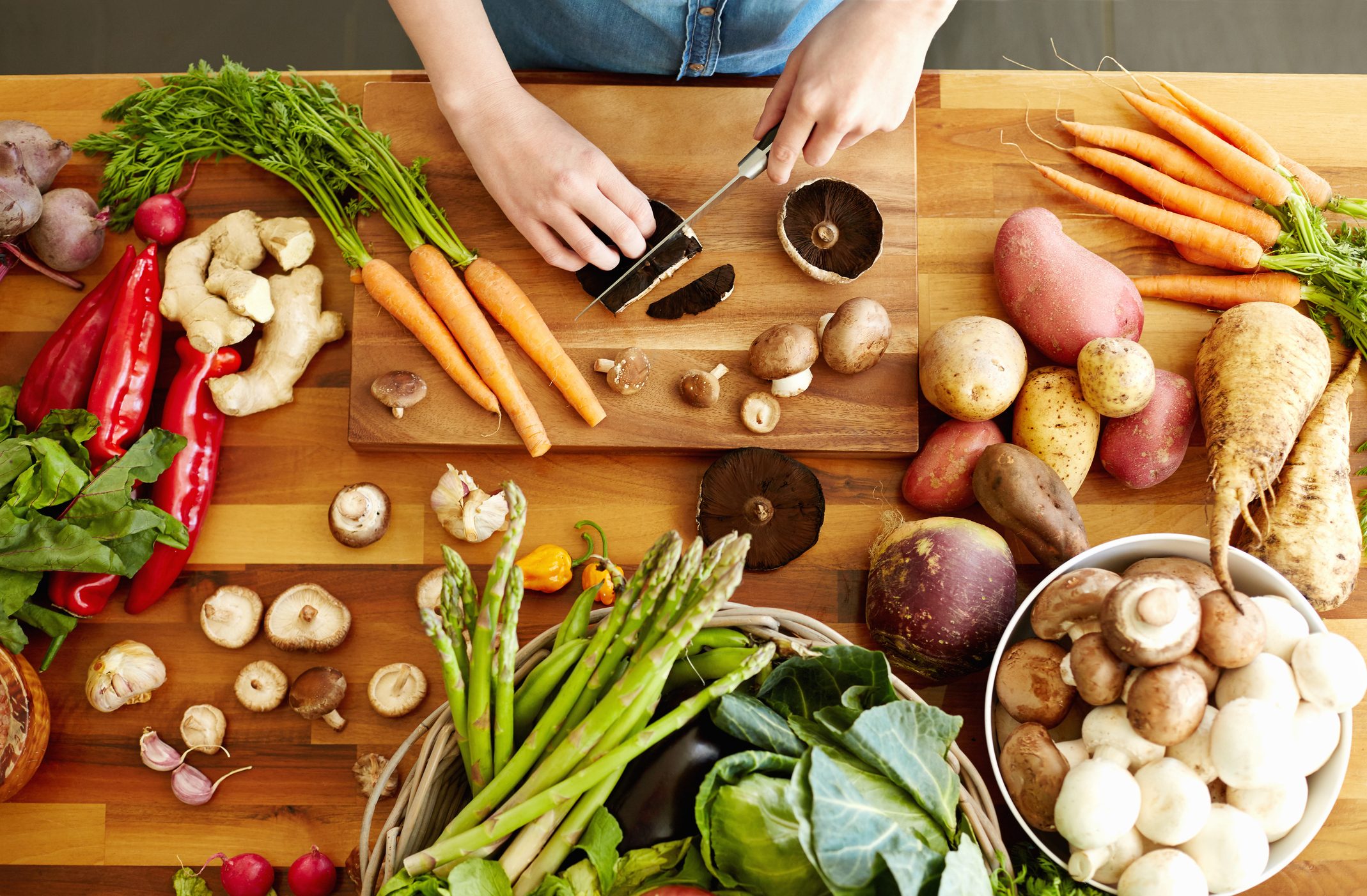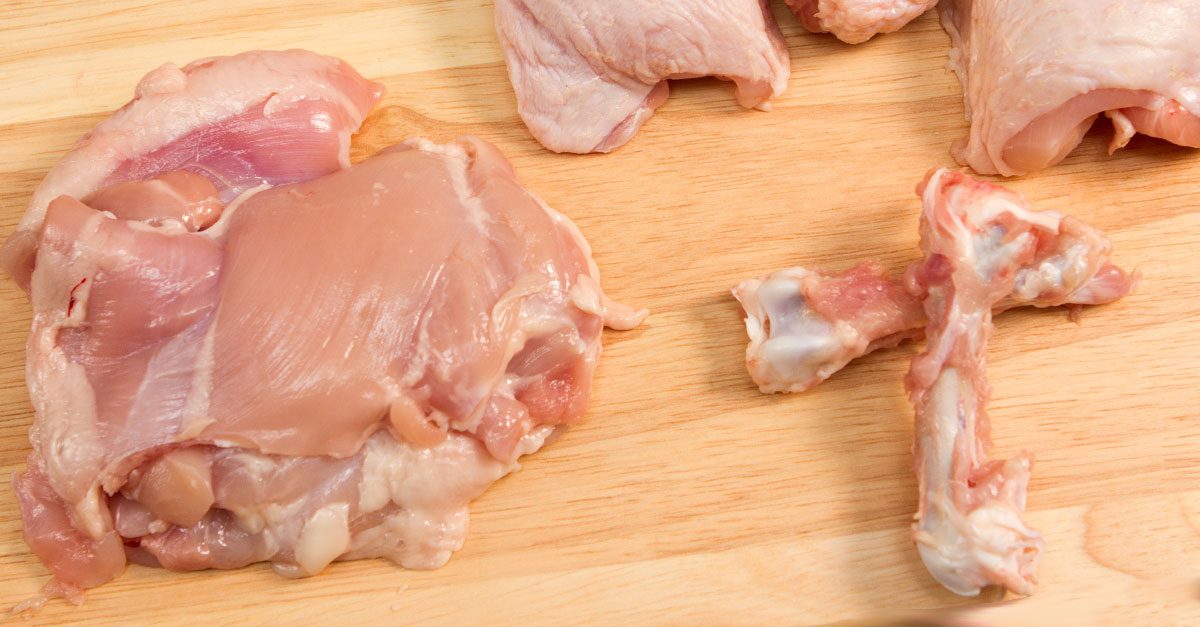Eat This Way to Strengthen Your Bones
According to science, we reach our peak bone mass by the age of 35. So, not only do we need to do what we can to build our bone mass until we reach that age, we should also take care to slow down bone loss as we age further.
;Resize,width=742;)
According to science, we reach our peak bone mass by the age of 35. So, not only do we need to do what we can to build our bone mass until we reach that age, we should also take care to slow down bone loss as we age further. In order to prevent conditions such as osteoporosis and rickets, not only do we need a balanced diet that can strengthen our bones, we also need to make changes to some of our lifestyle habits.
As we age, minerals are deposited into our bones until we reach the age of 35. This period is very important, because if we don’t reach peak bone mass by that time, we can develop osteoporosis later in life and will also be at greater risk for bone fractures. Luckily there are a few things you can do to not only build up healthy bones, but also to slow down the loss of bone mass.

Get enough calcium and vitamin D…
We all know calcium is essential for healthy bones. In fact, more than 99% of all the calcium in our bodies are in our bones. But we now know that calcium alone is not enough. We need Vitamin D to help our bodies absorb the calcium. So, while consuming foods with calcium is a good idea, you should also get enough sunlight and eat vitamin D-rich foods. For calcium sources, choose milk, yoghurt, cheese, or tofu. As we age, we tend to lose calcium, putting us at risk for fractures. Women are especially at risk, because as they age, the estrogen hormone (which has a protective effect on bones) decreases. If you don’t consume calcium-rich foods on a regular basis, then consult with your doctor about taking supplements.
But don’t forget the protein!
A very recent study (from 2019) showed that protein could actually play a beneficial role in the prevention of bone loss. So, a diet high in protein could slow down osteoporosis.
Don’t restrict calories
If you’re always on some sort of diet, it could actually be bad for your bone health. Research shows that those who follow a diet of less than 1000 calories, will have a lower bone density as compared to normal-weight or overweight individuals. To build strong bones, you need to consume at least 1 200 calories per day, and make sure you include enough protein and calcium-rich foods.

Take collagen
While studies are still in their infancy, research seems to show that collagen supplements are useful for bone health. The protein in our bones consists mainly of collagen, containing amino acids like glycine, proline, and lysine – all of which help to build our bones, muscles, and ligaments. By taking collagen supplements, you improve your bone mineral density (BMD), increase bone strength, and also help your body to absorb calcium.

Exercise
This is not part of the diet, but it’s such a great tip that we cannot leave it out! It seems that exercise is the answer to many of our health problems. And it’s actually crucial for developing strong bones. Weight-bearing (strength training) exercises puts stress on the bones, which increases bone density, and therefore reduces the risk of osteoporosis. These types of exercises can also prevent bone damage in the case of a fall. If you are new to exercise, start with low-intensity resistance training. In other words, when the exercises are done at 40% of a one-rep maximum, it’s just as beneficial for your bones as high-intensity exercises!
;Resize,width=767;)
;Resize,width=712;)
;Resize,width=712;)
;Resize,width=712;)
